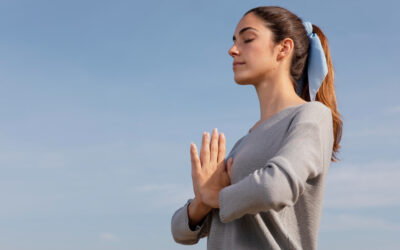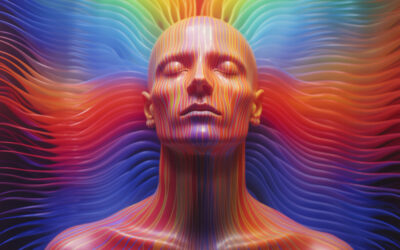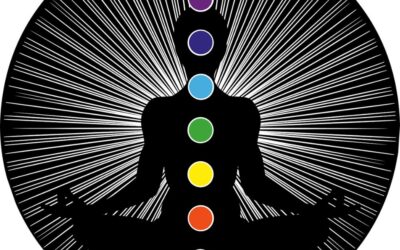Understanding Anxiety Disorders
Anxiety disorders are among the most common mental health issues worldwide, affecting millions of people. They encompass a range of conditions, including generalized anxiety disorder (GAD), panic disorder, social anxiety disorder, and specific phobias. Anxiety symptoms can be both physical and emotional, significantly impacting daily life. Understanding anxiety disorders is the first step toward managing and learning specific strategies to overcome them.
Key Statistics
- Global Prevalence: According to the World Health Organization, 1 in 13 people globally suffers from anxiety.
- Impact on Daily Life: Anxiety disorders can interfere with work, relationships, and overall quality of life.
- Treatment Rates: Despite effective treatments, many individuals with anxiety disorders do not seek help.
What is Anxiety Recovery?
Definition and Importance
Anxiety recovery refers to the process of managing and eventually overcoming the symptoms of anxiety disorders. It’s about regaining control over your life and minimizing the debilitating effects of anxiety. Recovery is crucial because it enables individuals to live fulfilling lives, free from the constant grip of fear and worry.
Stages of Anxiety Recovery:
| Stage | Description |
| Acknowledgment | Recognizing that you have an anxiety disorder |
| Seeking Help | Consulting healthcare professionals for diagnosis |
| Treatment | Engaging in therapy, medication, or holistic approaches |
| Maintenance | Implementing long-term strategies to prevent relapse |
The Journey of Recovery
The journey of anxiety disorder recovery is not linear; it involves ups and downs and requires strategies to overcome various challenges. The stages typically include:
- Acknowledgment: Recognizing that you have an anxiety disorder.
- Seeking Help: Consulting healthcare professionals for diagnosis and treatment.
- Treatment: Engaging in therapy, medication, or holistic approaches.
- Maintenance: Implementing long-term strategies to prevent relapse.
During the recovery process, it’s essential to remain patient and committed. Remember, recovery is a journey, not a destination.

Recognizing Anxiety Symptoms
Physical Symptoms
Anxiety often manifests through various physical symptoms, including:
- Rapid heartbeat
- Sweating
- Trembling or shaking
- Shortness of breath
- Dizziness
These symptoms occur due to the body’s “fight or flight” response, which prepares you to deal with perceived threats. It’s important to note that these physical symptoms can often be mistaken for other medical conditions, so proper diagnosis is crucial.
Emotional and Cognitive Symptoms
Emotionally, anxiety can trigger feelings of dread, irritability, and restlessness. Cognitively, it can lead to negative thoughts and cognitive distortions, such as catastrophizing (expecting the worst) and overgeneralizing (thinking that one bad event will affect all aspects of life).
- Negative Thoughts: Constant worry about potential threats or dangers.
- Cognitive Distortions: Irrational thought patterns that reinforce anxiety.
Case Study: John’s Experience with GAD
John, a 35-year-old software engineer, experienced severe anxiety symptoms, including insomnia and constant worry about his job performance. Through cognitive therapy and lifestyle changes, John learned to manage his anxiety and now leads a more balanced life.

Effective Treatment Options for Anxiety Recovery
Cognitive Therapy
Cognitive Behavioral Therapy (CBT) is a highly effective treatment for anxiety disorders. It involves identifying and challenging negative thoughts, replacing them with more balanced perspectives. Research shows that CBT can significantly reduce anxiety symptoms by changing thought patterns and behaviors.
Benefits of Cognitive Therapy:
| Benefit | Description |
| Identifies Negative Thoughts | Helps recognize and challenge irrational thoughts |
| Behavior Modification | Encourages positive behavior changes to reduce anxiety |
| Skill Development | Teaches coping mechanisms and problem-solving skills |
Medication
Medications, such as selective serotonin reuptake inhibitors (SSRIs) and benzodiazepines, can help manage anxiety symptoms. While medication can be effective, it’s essential to consider the pros and cons:
- Pros: Quick symptom relief, helpful for severe anxiety.
- Cons: Potential side effects, risk of dependency.
Natural and Holistic Approaches
Holistic approaches focus on the body’s natural ability to heal. These include:
- Exercise: Regular physical activity releases endorphins, improving mood and reducing anxiety.
- Correct Breathing Techniques: Practicing deep, slow breathing can calm the nervous system.
- Relaxation Methods: Techniques like yoga and meditation promote relaxation and mental clarity.
Quote from Dr. Jane Smith, Psychologist: “Incorporating holistic approaches such as exercise and meditation can complement traditional treatments and provide additional relief for anxiety symptoms.”

Support Systems in Anxiety Recovery
Support Groups
Support groups are super helpful. They’re a safe space to share, learn and get encouragement. Finding the right support group can make all the difference in your recovery.
Benefits of Support Groups
- Emotional Support: Connect with others who get it.
- Shared Resources: Learn new coping skills and resources.
- Accountability: Stay on track with your recovery plan.
Resource Links
- Infinite Being Academy support group on FaceBook
- Infinite Being Academy membership program
- National Alliance on Mental Illness (NAMI) Support Groups
Professional Recovery Services
Professional recovery services like therapy and counseling offer structure. Therapists can create a plan tailored to your needs and help you navigate anxiety recovery better.
Types of Professional Recovery Services
- Individual Therapy: One-on-one sessions with a licensed therapist.
- Group Therapy: Therapy in a group setting.
- Online Therapy: Virtual sessions for convenience with Yair Sagy
- Online education: Stress reduction free course by Yair Sagy

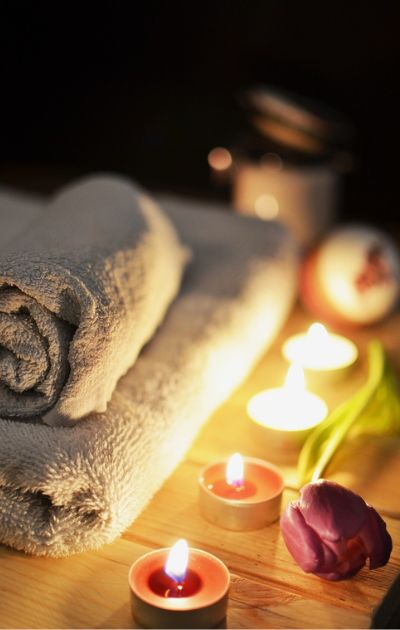

Practical Tips for Anxiety
Daily Habits
Simple daily habits can help:
- Routine: Having a daily routine provides structure and predictability.
- Self-care: Doing things that promote well-being, like reading or taking a bath.
Daily Habits for Anxiety
- Mindfulness Meditation: 10 minutes a day.
- Journaling: Write about your thoughts and feelings.
- Adequate Sleep: 7-9 hours of sleep each night.
Coping Skills
When faced with feared situations or triggers, try these:
- Grounding Techniques: Focus on the present moment using your senses.
- Positive Affirmations: Counter negative thoughts with positive statements.
Example: Grounding Technique
- 5-4-3-2-1 Method: 5 things you see, 4 things you touch, 3 things you hear, 2 things you smell, 1 thing you taste.
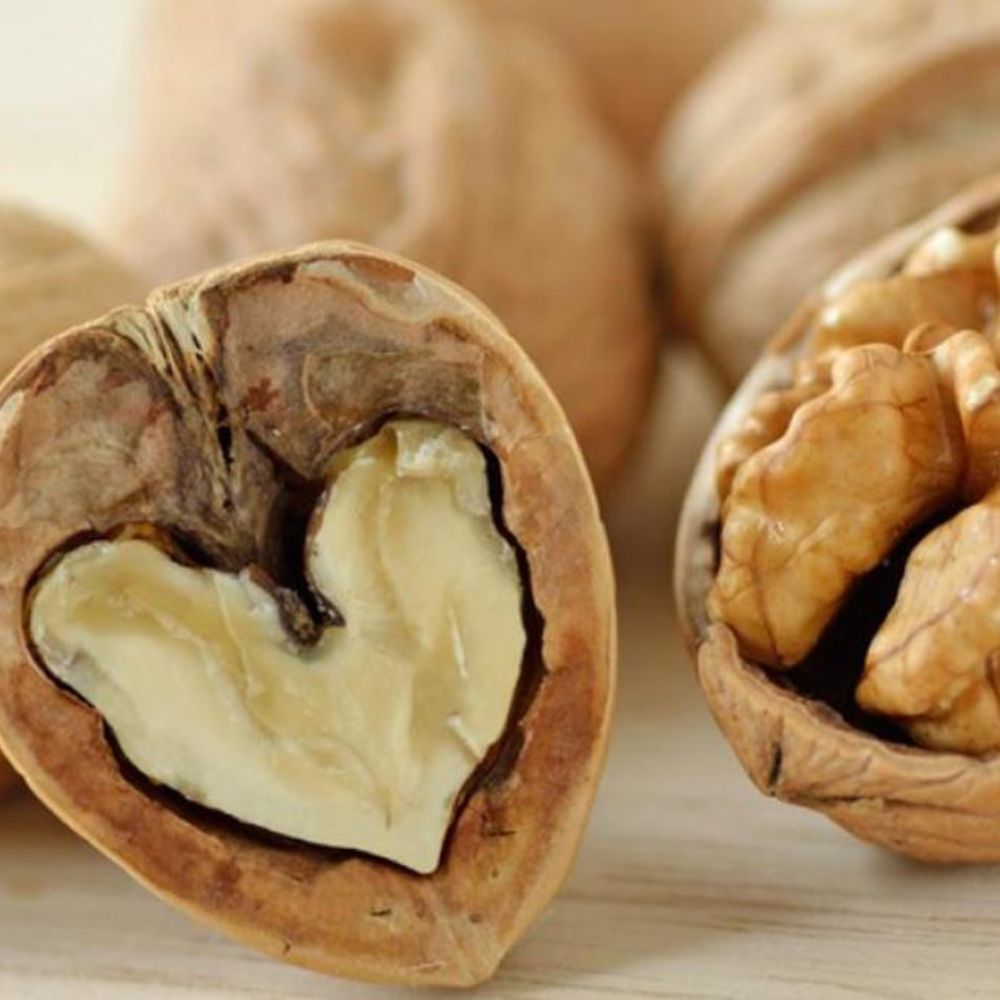

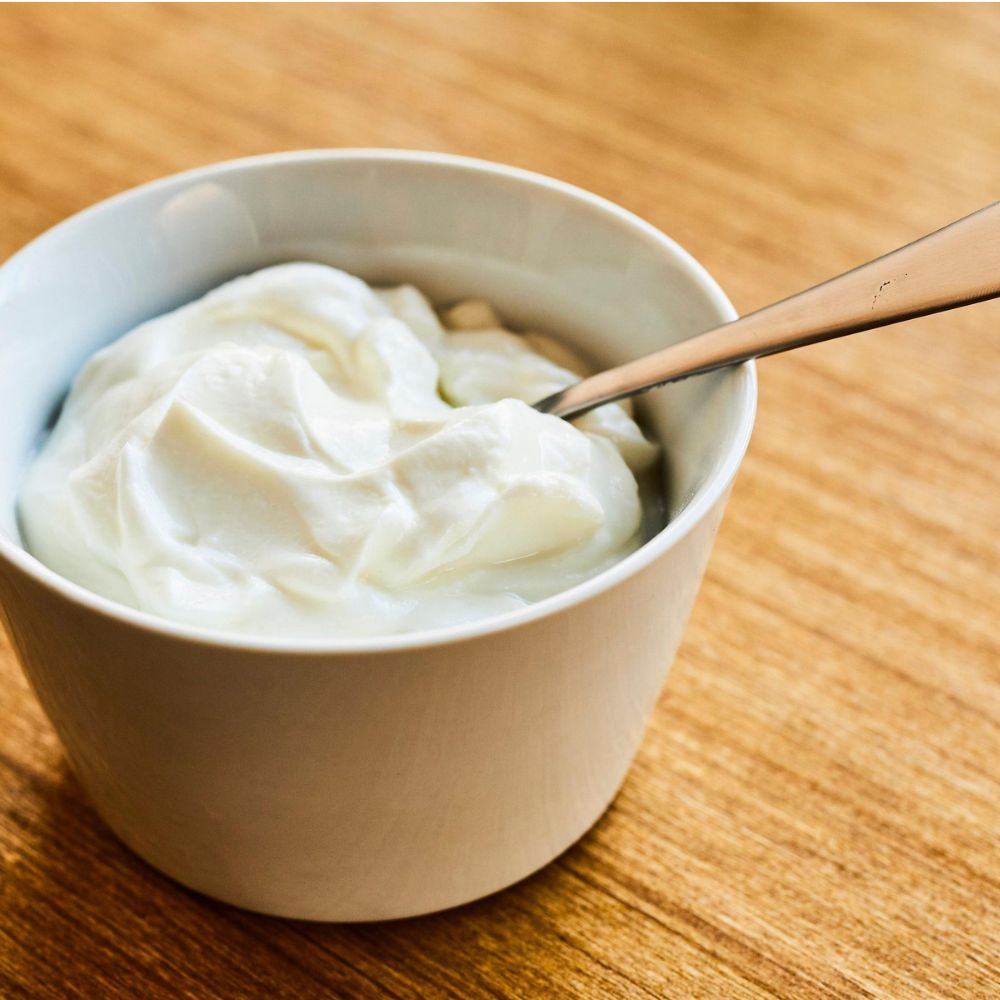
Lifestyle Changes for Anxiety Recovery
Diet and Nutrition
Some foods can help with anxiety:
- Omega-3 fatty acids: Fish, flaxseeds, walnuts.
- Magnesium: Leafy greens, nuts, seeds.
- Probiotics: Yogurt, fermented foods.
A balanced diet supports overall mental health and can alleviate anxiety symptoms.
Anxiety Reducing Foods:
| Food Type | Examples |
| Omega-3 Fatty Acids | Salmon, chia seeds, walnuts |
| Magnesium | Spinach, almonds, cashews |
| Probiotics | Yogurt, kimchi, sauerkraut |
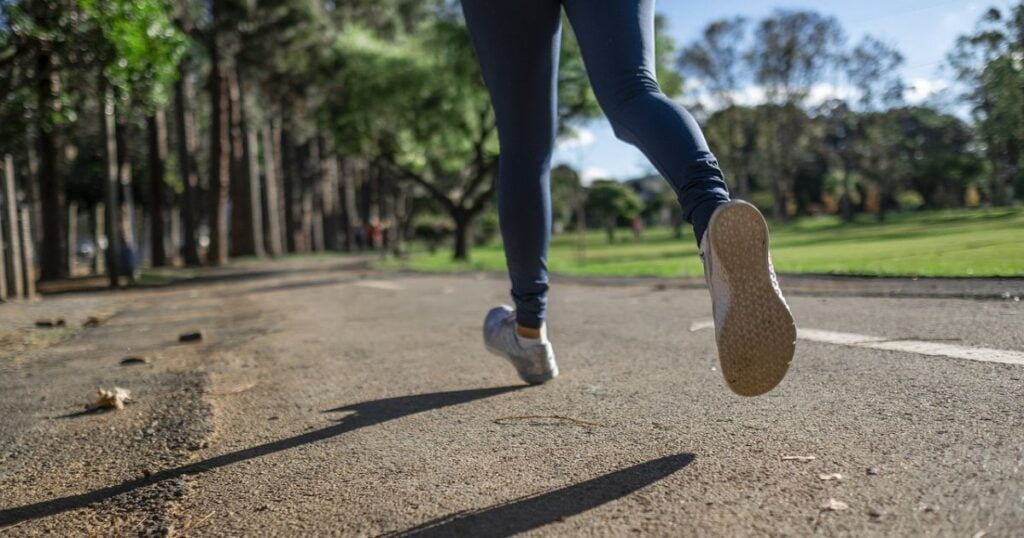
Exercise and Physical Activity
Regular exercise like walking, running or swimming can help mood and reduce anxiety. Exercise releases endorphins which are natural mood lifters and reduces stress hormones.
Exercise Types
- Cardio: Running, cycling, aerobics.
- Strength: Weights, resistance bands.
- Mind-Body: Yoga, tai chi, qigong.
Benefits of Regular Exercise:
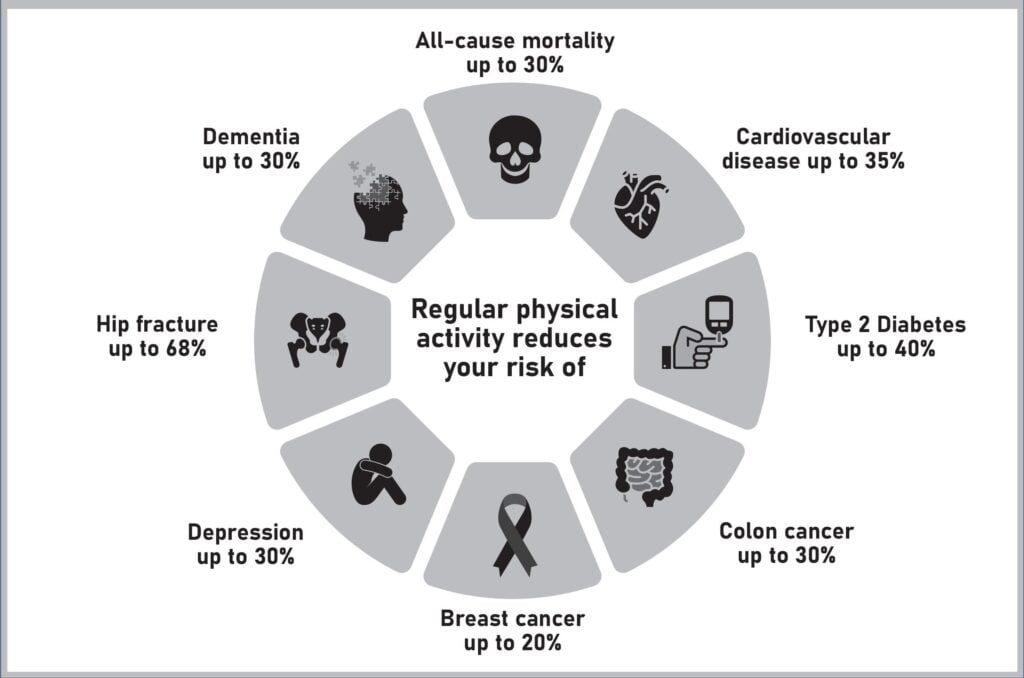
Long-term Strategies for Complete Recovery
Developing Resilience
Building resilience is key to preventing future anxiety. This involves cultivating a positive mindset, practicing gratitude, and developing problem-solving skills.
Ways to Build Resilience:
- Positive Thinking: Focus on positive outcomes and possibilities.
- Gratitude Journaling: Write down things you are grateful for each day.
- Problem-Solving: Develop strategies to tackle challenges effectively.
Ongoing Support and Education
Continuing education about anxiety and stress management is vital. Engaging with ongoing support from loved ones and professionals can provide the necessary encouragement and guidance to maintain recovery.
Resource Links

Success Stories
Real-life Examples
Hearing about others’ success stories can be incredibly inspiring, especially when they have overcome significant challenges. For example, Jane Doe, who overcame social anxiety through CBT and support groups, shares, “It was a challenging journey, but with the right support and strategies, I regained my confidence and now lead a fulfilling life.”
Case Study: Sarah’s Journey
Sarah struggled with panic disorder for years. Through a combination of medication, cognitive therapy, and exercise, she managed to reduce her panic attacks and now enjoys a more stable and peaceful life.
FAQs on Anxiety Recovery
Common Questions:
How long does it take to recover from anxiety?
Recovery time varies for each person. Some may see improvement in a few months, while others may take longer.
Can anxiety recovery be achieved without medication?
Yes, many people recover through therapy, lifestyle changes, and holistic approaches without medication.
What should I do if my anxiety gets worse?
Seek professional help immediately. Adjusting your treatment plan with a healthcare provider can help manage worsening symptoms.
Is it normal to experience setbacks during recovery?
Yes, setbacks are a normal part of the recovery process. It’s important to stay committed and seek support when needed.
Conclusion
The Path to a Better Life
Recovering from anxiety is a challenging but achievable goal. By understanding anxiety disorders, recognizing symptoms, seeking effective treatments, and making lifestyle changes, you can regain control over your life. Remember, anxiety recovery is a journey that requires patience, commitment, and support.
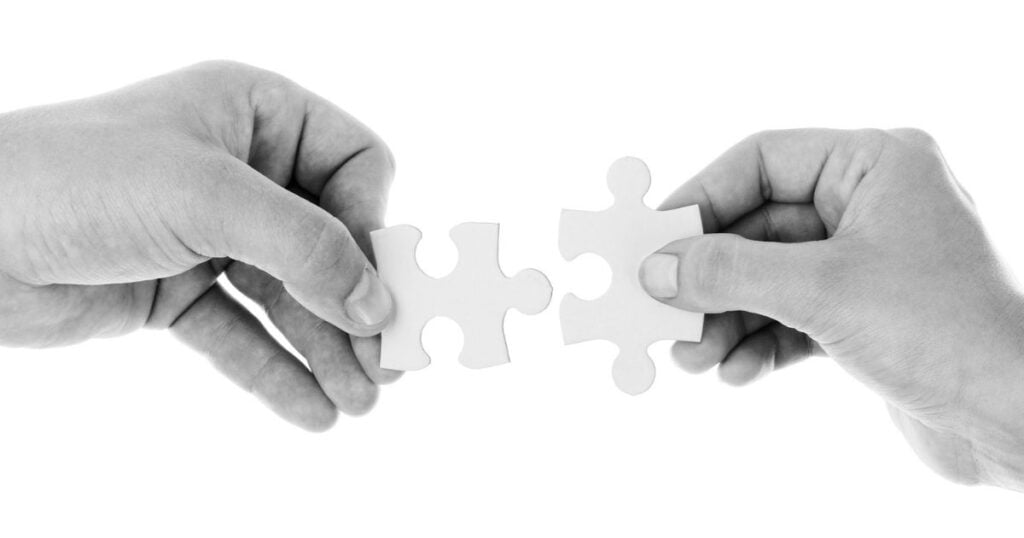
Call-to-Action
Get Started on Your Anxiety Recovery Today
If you or a loved one is struggling with anxiety, don’t hesitate to seek professional help. Explore resources, join support groups, and take the first step toward a life free from anxiety.




